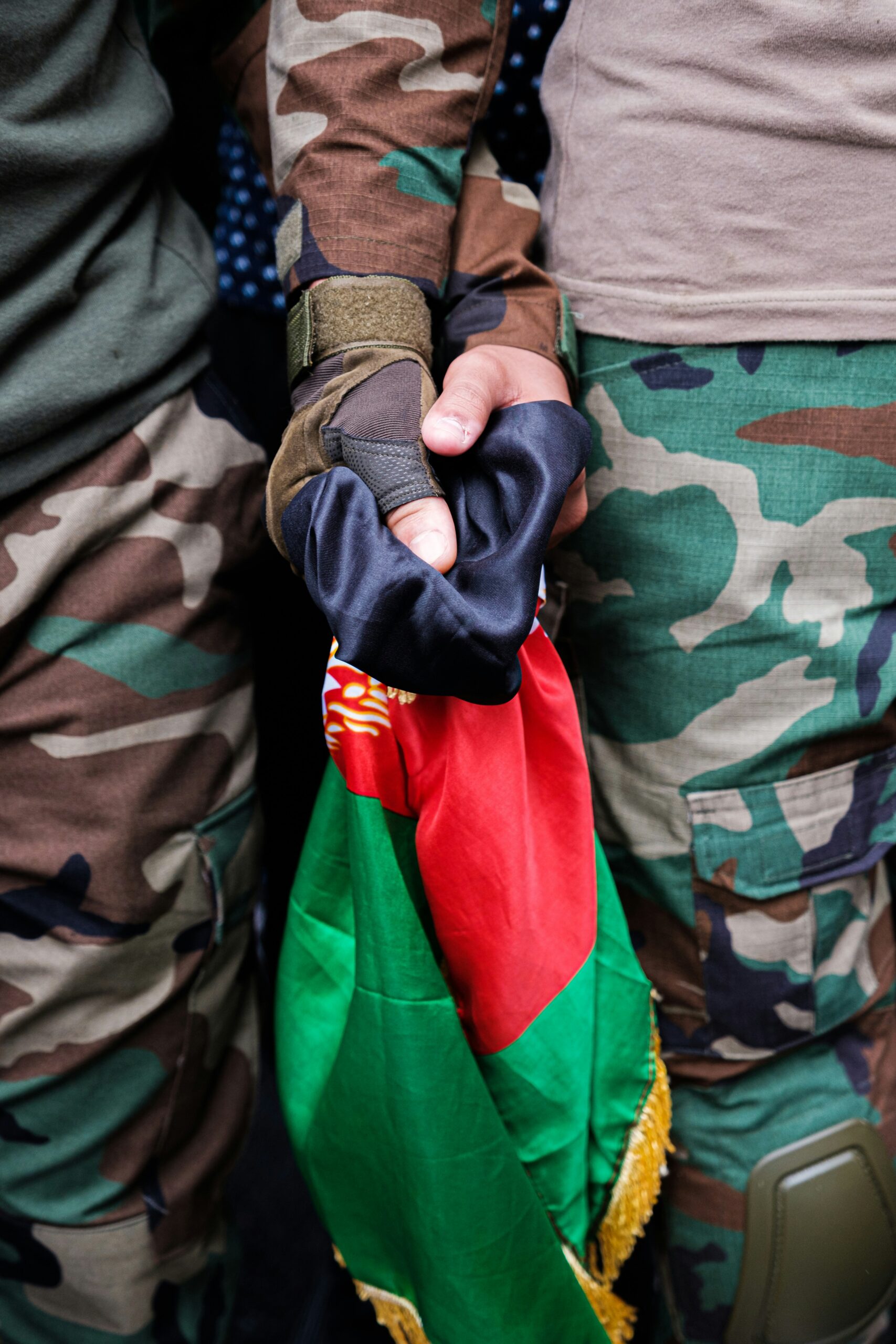
Emergence of Militia in Gaza: Strategic Allies or Tools of Ethnic Cleansing?
In a startling revelation, Israeli Prime Minister Benjamin Netanyahu has openly admitted to arming and supporting the Popular Forces militia in Gaza, a move he defends as protective for Israeli soldiers. This militia is led by Yasser Abu Shabab, a figure who has risen under controversial circumstances and is now pivotal in a complex geopolitical drama.
Israel’s Support for Gaza Militia: Strategic Defense or Ethical Quandary?
Netanyahu’s endorsement of the Popular Forces has ignited fierce debates about the ethical implications of Israel’s military strategies in Gaza. The Prime Minister argues that this alliance merely serves to protect Israeli lives, yet critics and experts suggest a darker motive, accusing Israel of using Abu Shabab’s militia to facilitate the ethnic cleansing of Gaza under a Palestinian guise.
Who is Yasser Abu Shabab?
The 31-year-old leader of the Popular Forces, Yasser Abu Shabab, is a member of Gaza’s Tarabin Bedouin tribe and a former prisoner. His escape from prison in early October 2015, and subsequent rise to power, coincides with Israel’s strategic interests in the region. Despite his past incarceration for drug-related charges, Abu Shabab has managed to cultivate a sophisticated public image, contributing op-eds to international newspapers and maintaining a multilingual social media presence.
The Role of Popular Forces in Gaza
Since its formation, the Popular Forces under Abu Shabab have been implicated in significant turmoil, including the looting of humanitarian aid. This looting activity has been so systematic that it prompted an internal UN memo to name Abu Shabab as a key perpetrator. His militia’s actions align suspiciously with periods of intensified Israeli military operations, suggesting a coordinated effort to control the flow of resources within Gaza.
Accusations of Ethnic Cleansing
The strategy attributed to Israel and executed by Abu Shabab’s militia involves the displacement of large Palestinian populations to designated areas controlled by the militia. This tactic, according to analysts, aims at facilitating a broader plan of ethnic cleansing, reducing the direct involvement of Israeli forces and cloaking the harsh realities of these actions under a veneer of Palestinian leadership.
International Reactions and Humanitarian Concerns
The international community has watched these developments with growing concern. Humanitarian organizations dispute the official narratives provided by Israel and point to the severe consequences of militia activities on Gaza’s civilian population. The systematic blockade and redirection of aid have exacerbated the already dire humanitarian situation, leading to widespread starvation and suffering.
The Controversial Role of the Gaza Humanitarian Foundation (GHF)
In addition to the militia’s activities, the role of the Gaza Humanitarian Foundation (GHF) has come under scrutiny. Accused of politicizing aid, the GHF’s operations have been criticized for exacerbating the humanitarian crisis rather than alleviating it. The organization’s limited number of aid distribution points, heavily guarded by Israeli forces, has further restricted access to necessary resources for Gaza’s residents.
Looking Forward: Implications and International Response
The unfolding situation in Gaza represents a critical juncture for international diplomacy and human rights advocacy. As the world reacts to these distressing developments, the role of local militias in conflict zones remains a contentious issue, raising questions about the balance between military strategy and ethical responsibility.
The international community faces the challenge of addressing these issues while ensuring that humanitarian aid reaches those in dire need without becoming a tool for political maneuvers. The case of Yasser Abu Shabab and the Popular Forces in Gaza is a stark reminder of the complex interplay between local actors and broader geopolitical strategies.


